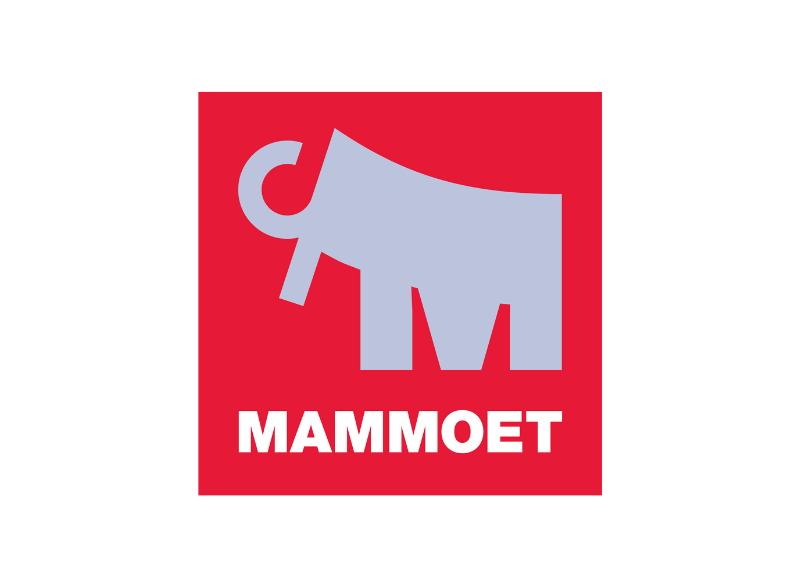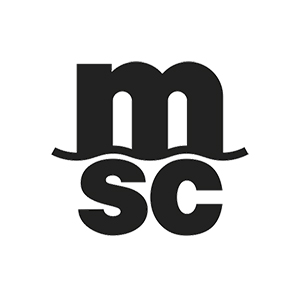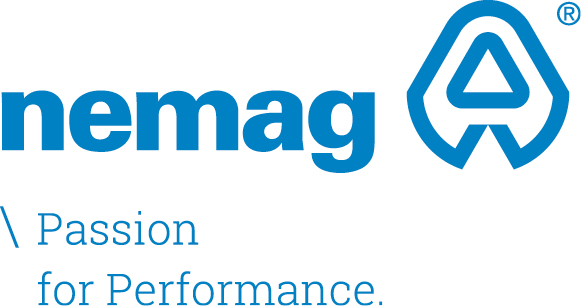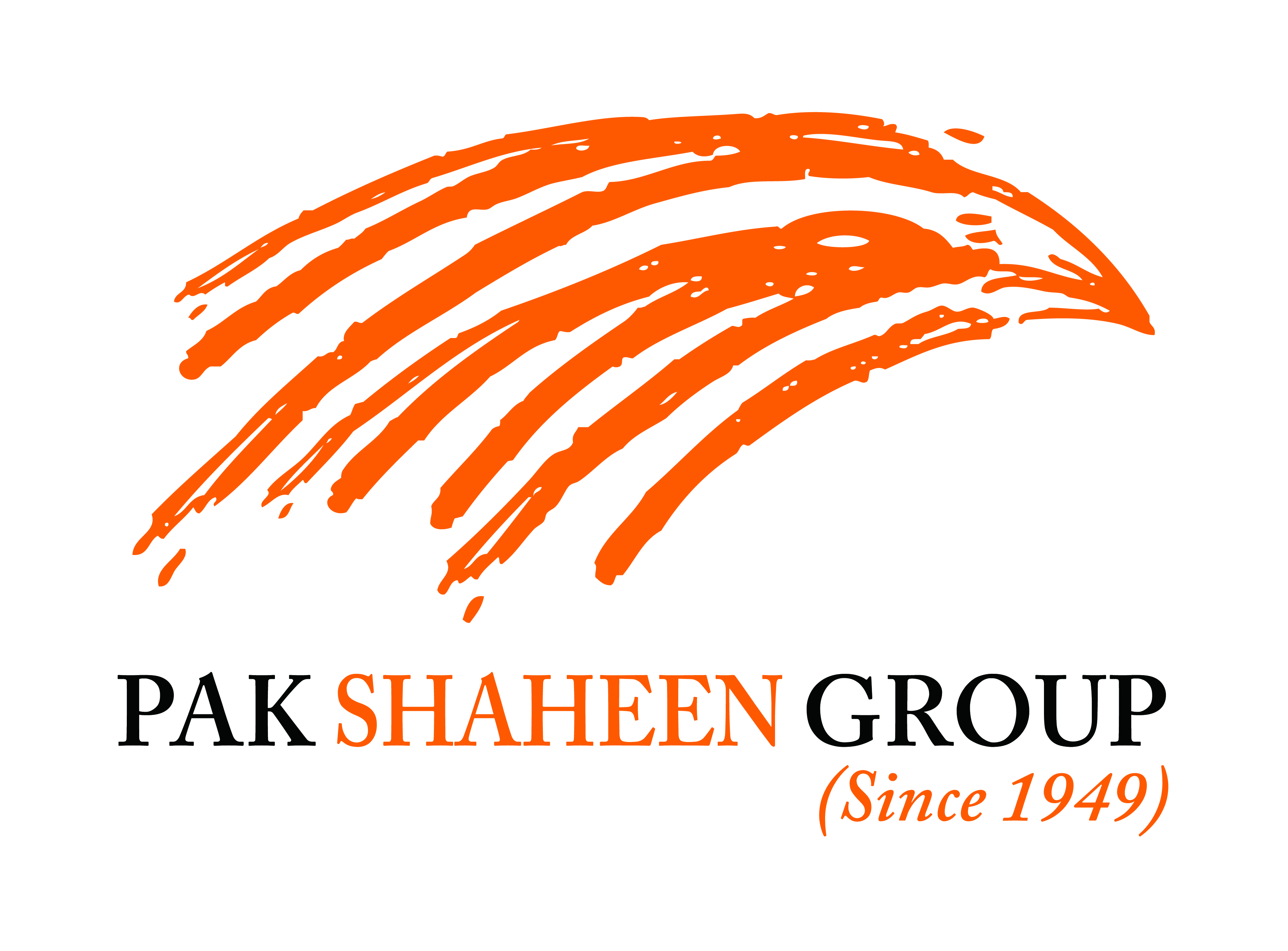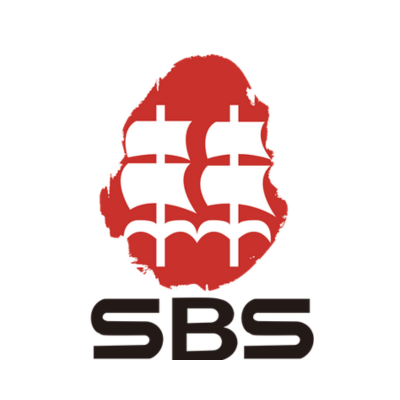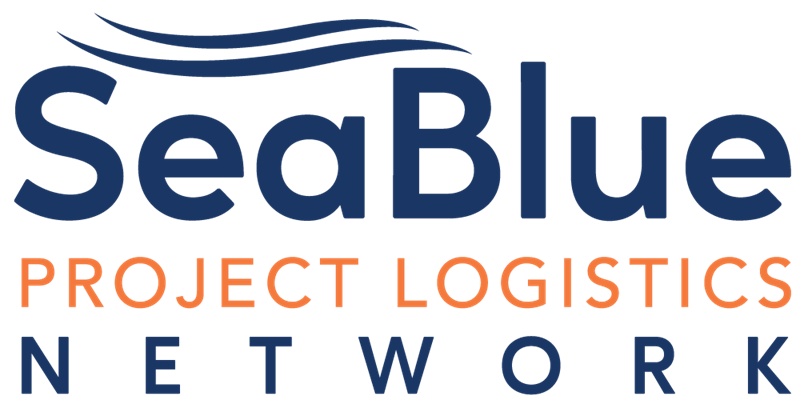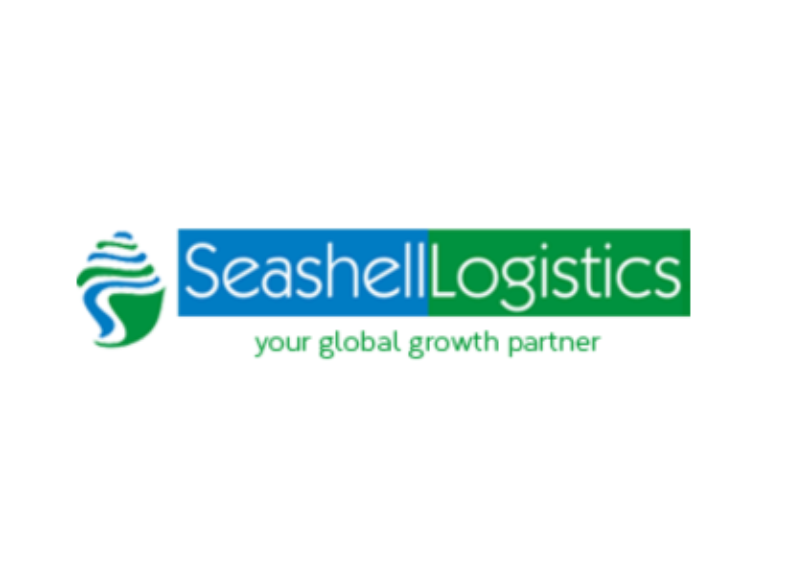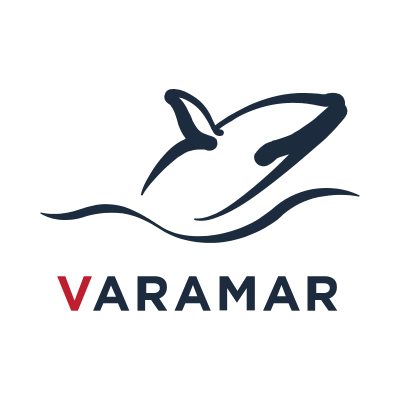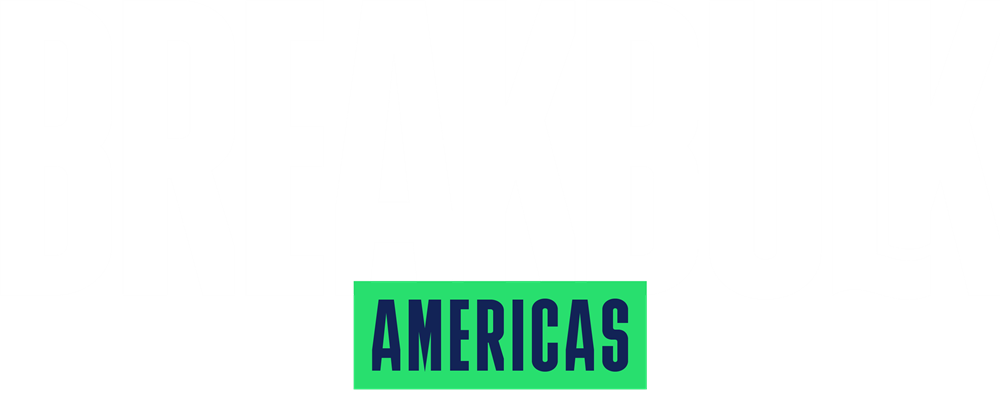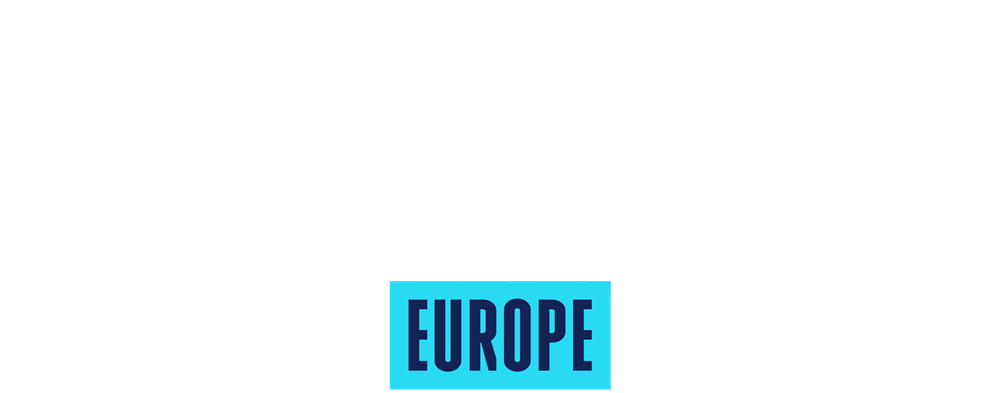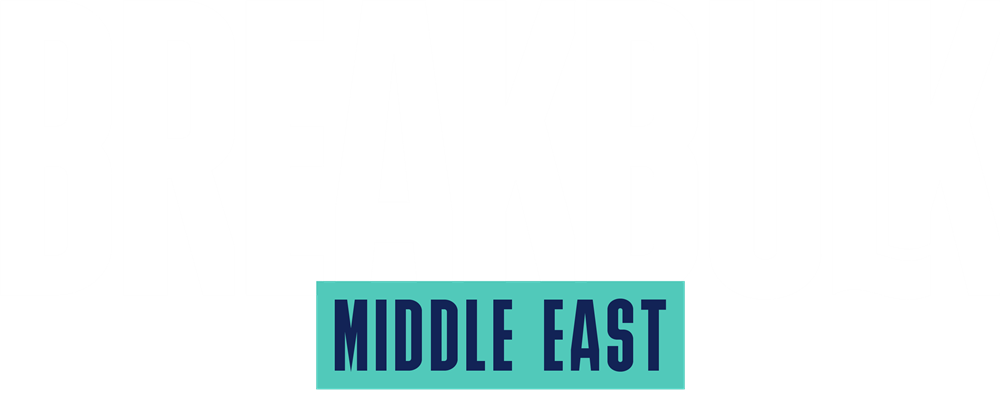SEEBURGER on How Breakbulk Can Survive and Thrive in a World of Disruption

How can breakbulk movers enhance their operational efficiency, mitigate risk and secure a competitive edge in an increasingly unpredictable market? SEEBURGER, a leader in business integration and software solutions, explains why the key to not only withstanding but thriving amid the challenges lies in the seamless integration of value chain and supply chain processes and systems. SEEBURGER will be exhibiting at Breakbulk Americas 2024 on 15-17 October in Houston.
If the last few years have taught us anything, it’s that nothing is completely invulnerable.
The Covid era exposed numerous disruptive challenges within supply and value chains. For breakbulk logistics companies, it highlighted a pressing need to be able to operate continuously, in an uninterrupted manner, under practically any circumstances. While digitalization and technological advances have alleviated some issues in breakbulk operations, the need for optimal levels of resilience remains paramount.
So, how can breakbulk companies improve their resilience to withstand, survive, and even thrive amidst disruptive circumstances, such as port closures, labor strikes and shortages, global demand for industry goods like heavy machinery, the IMO 2020 sulfur cap, and tariffs?
One strategy is for companies to consistently evaluate operational risk, and then modernize and adapt their operations as needed. This approach helps maintain efficiency and continuity, ensuring the business can withstand disruptive challenges. The key to this strategy is to integrate value chain and supply chain processes and systems. Integration ensures seamless, uninterrupted operations, allowing data, goods, services and money to flow efficiently through value chain and supply chain processes, even under challenging conditions.
The integrated and automated connection of value chain and supply chain processes can ensure:
Real-time data flow: Seamless flow of information across the company and value chain, leading to quicker responses to disruptions, such as adjusting routes or switching logistic partners.
Early risk identification: Earlier detection of potential issues through predictive analytics and real-time monitoring.
Cross-functional collaboration: Enhanced cooperation between departments (e.g. order management, transportation and distribution, customer service) and external partners, allowing for cohesive and rapid responses to disruptions.
A Case Study in Resilience
.jpg) As an example, we assisted a mid-sized jumbo specialist logistics company that faced challenges due to the lack of integration across their order, transportation and warehouse management systems (OMS, TMS and WMS).
As an example, we assisted a mid-sized jumbo specialist logistics company that faced challenges due to the lack of integration across their order, transportation and warehouse management systems (OMS, TMS and WMS).
The siloed data in these systems necessitated manual intervention, including data entry.
This situation slowed business operations, hindered real-time data flows and visibility, which are crucial for detecting, collaborating and responding to or recovering from disruptions across departments and the supply chain.
The company chose the SEEBURGER BIS Platform to integrate and automate all value chain logistics processes (OMS, TMS and WMS). This decision resulted in seamless operational continuity, enabling uninterrupted operations and allowing the company to dynamically and holistically adjust and function under changing business conditions.
Resilience hinges on the continuity of operations which requires connecting and automating value chain and supply chain processes. End-to-end integration forms the backbone for real-time data insights, enabling dynamic collaboration with partners and quick adjustments to operations – such as altering routes, reallocating resources or swiftly switching suppliers – in response to disruptions.
– –
SEEBURGER is an integration software and services company with over 1,200 employees worldwide, supporting and serving more than 14,000 customers across the globe. Family owned since 1986, SEEBURGER transforms businesses and the IT landscape with the BIS Platform. BIS is one central integration platform that supports B2B/EDI, API, MFT, IIoT, Automation, and EAI/A2A. It can be deployed on-premises, in any cloud (e.g. Azure, AWS, GCP) or a hybrid environment. The platform provides an agile, secure, scalable and highly available environment, guaranteeing robust solutions for diverse business needs and operational continuity.
Meet the SEEBURGER team at booth S01 at Breakbulk Americas 2024 in Houston.
.png?ext=.png)
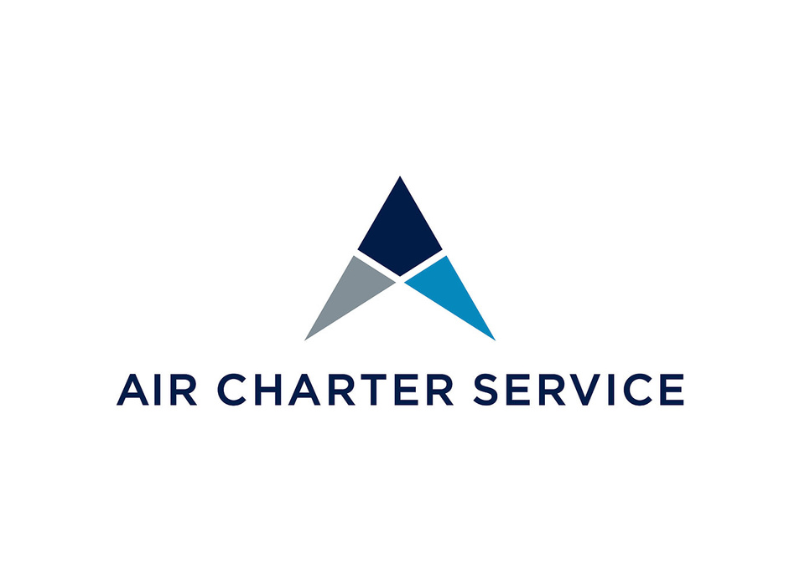
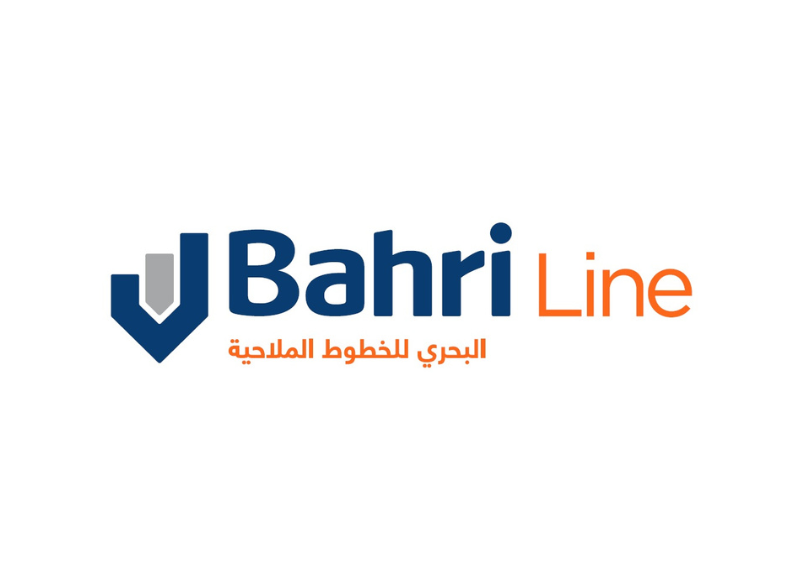
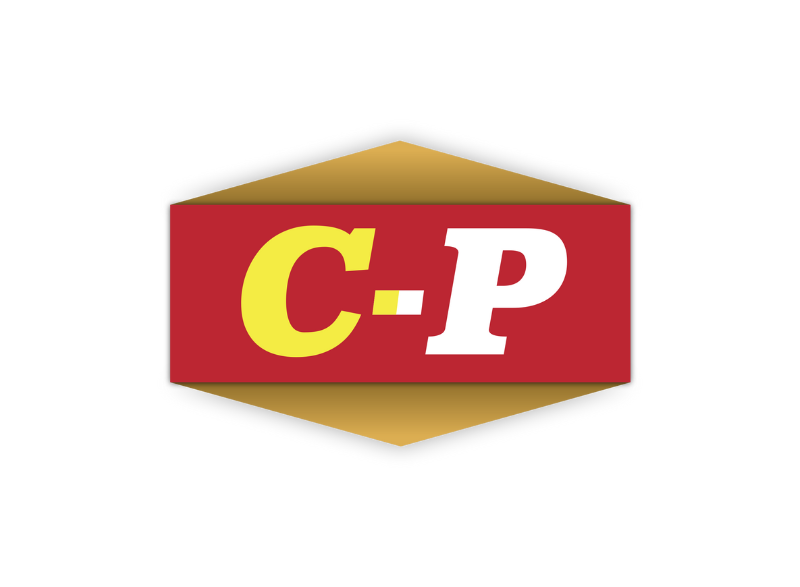
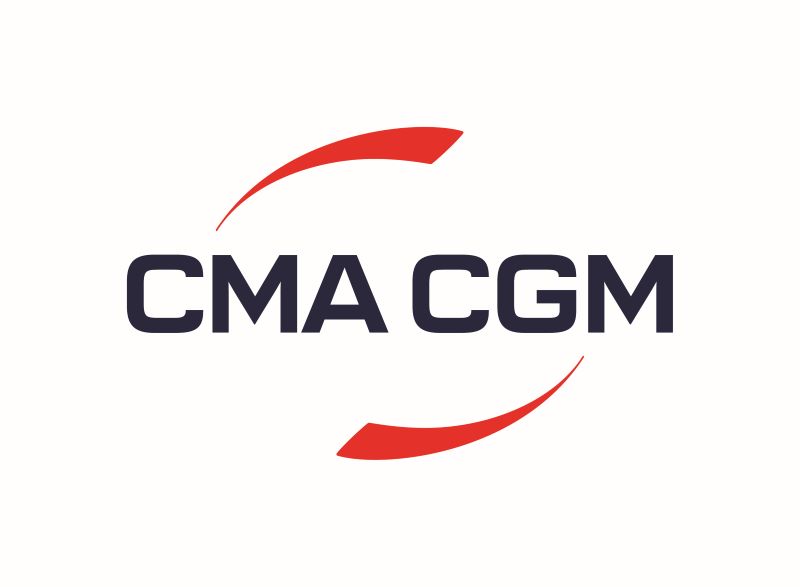

.png?ext=.png)
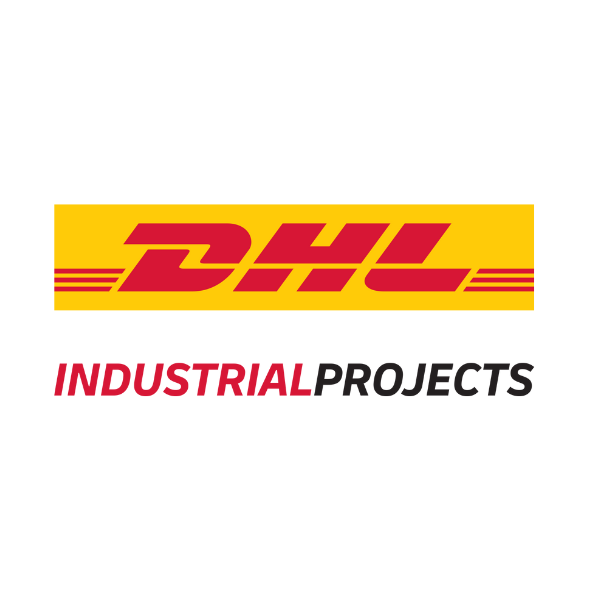
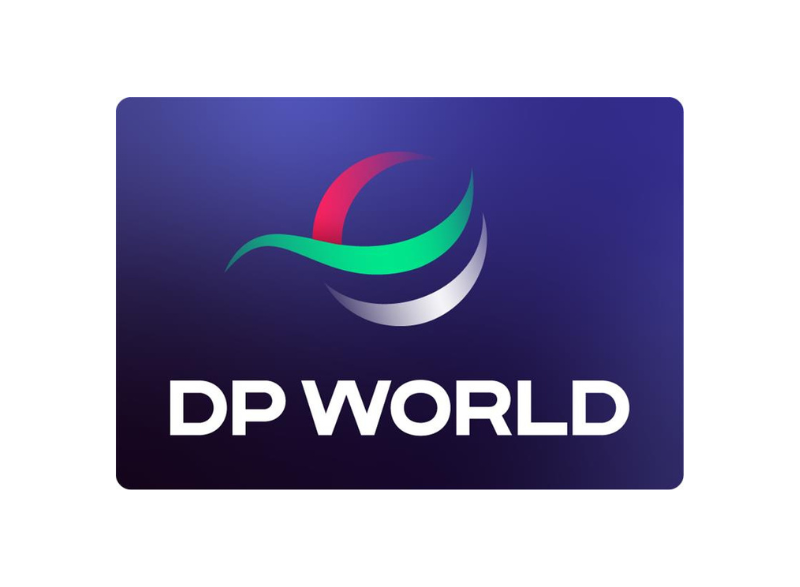
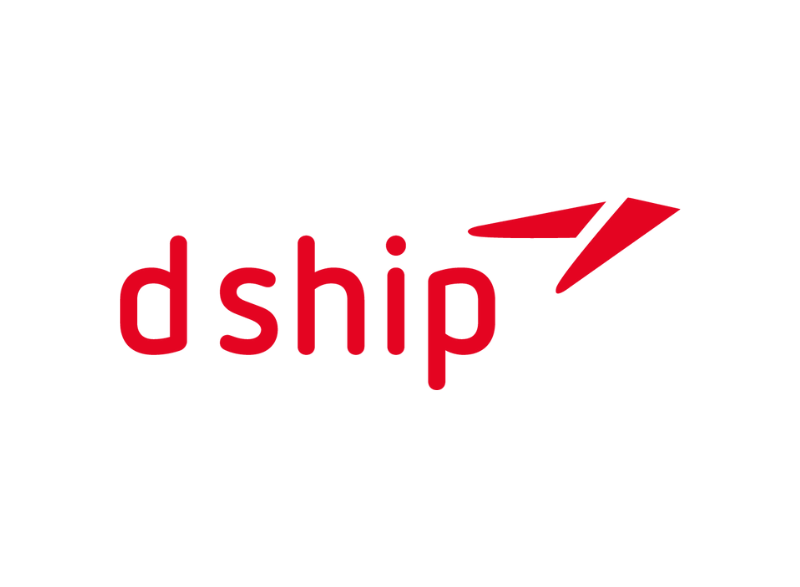
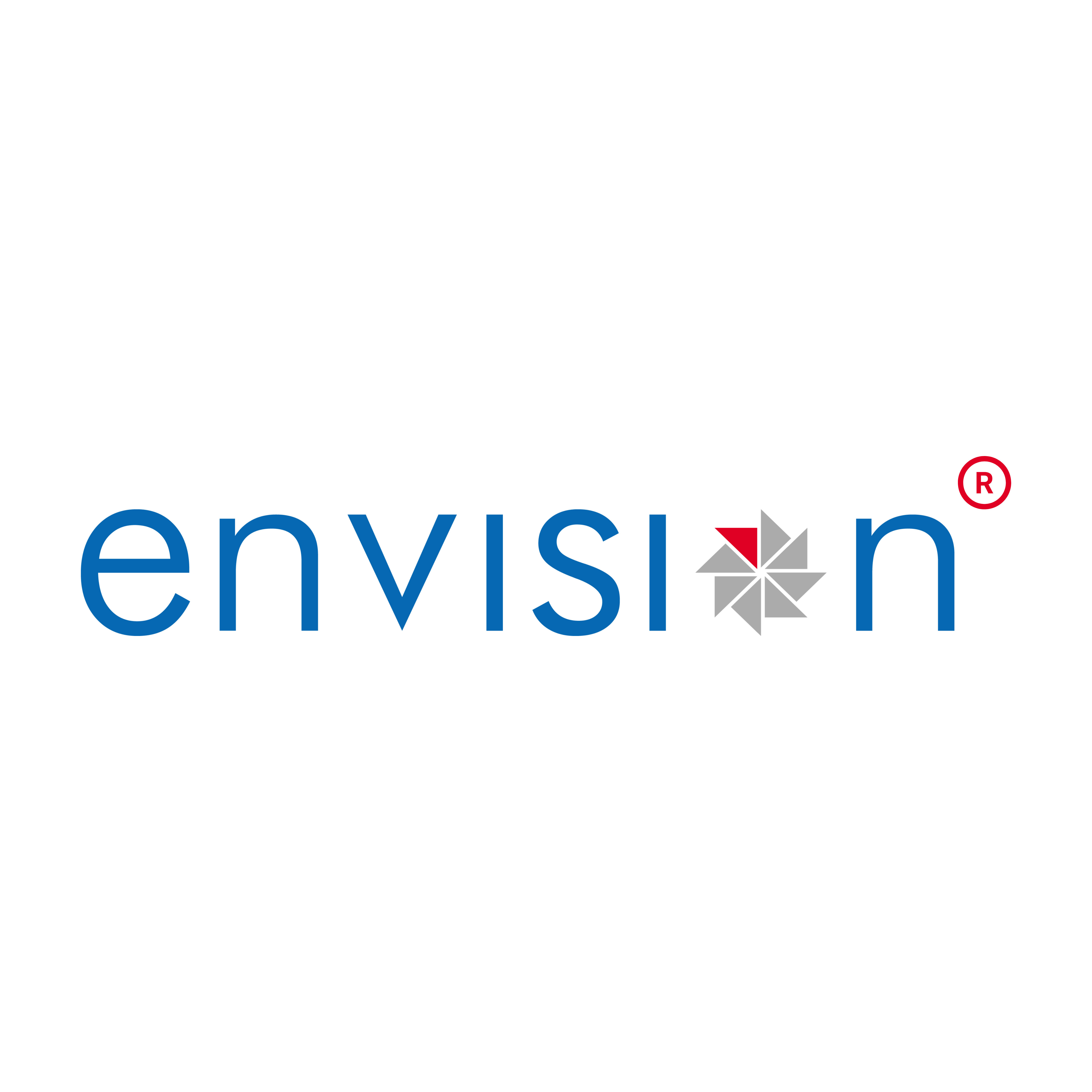
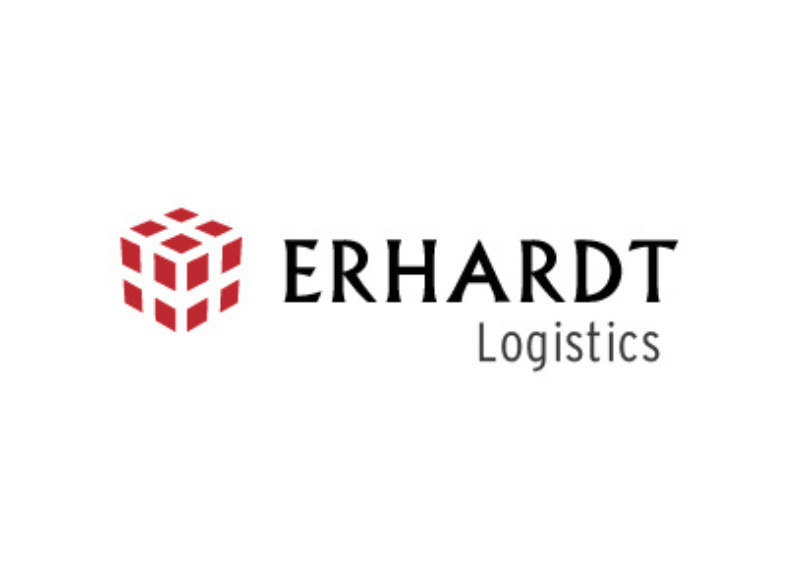
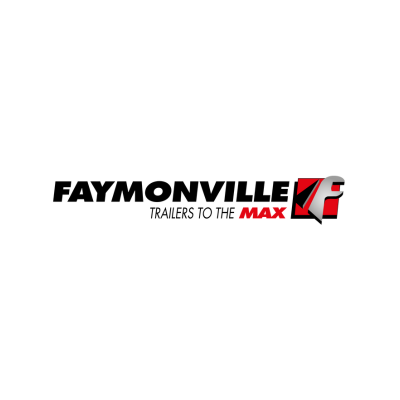
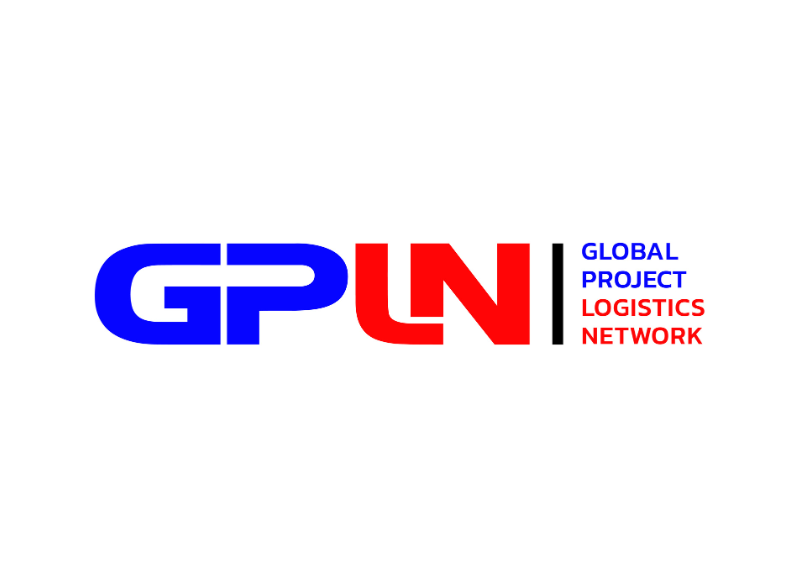
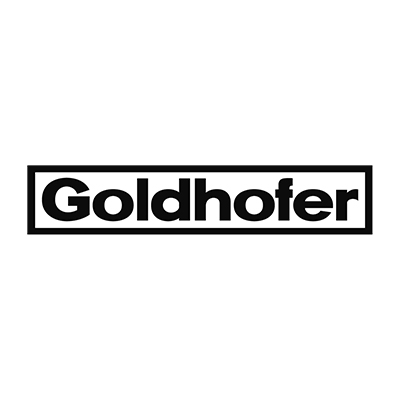
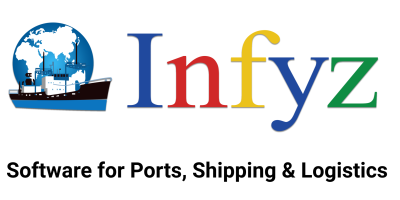
_3.png?ext=.png)
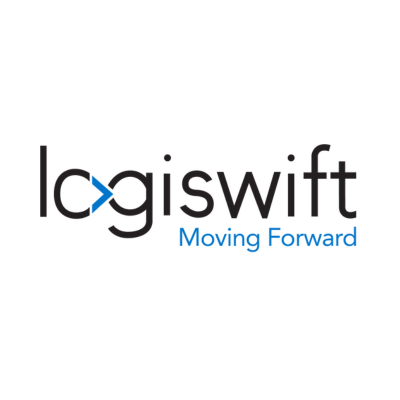
.jpg?ext=.jpg)
